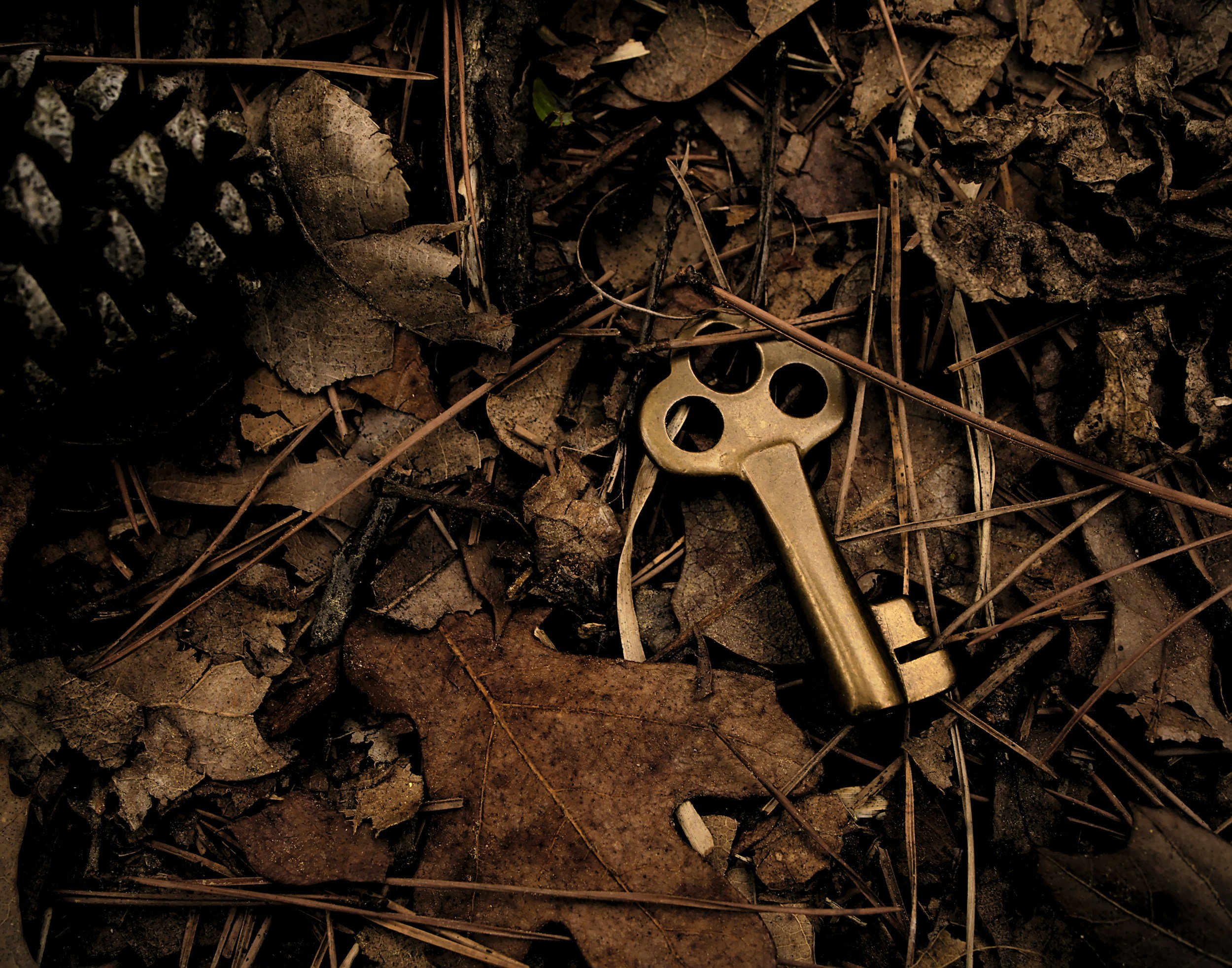Why Do So Many Black Christians Reject Hoodoo—When It’s in Our Roots?
Yesterday I went to the African American museum. It was beautiful, sobering, and thought-provoking. One thing that lingered for me: the way spirituality was mentioned mostly in the context of the Black church. It was minimally mentioned that enslaved Africans blended their own spiritual systems with Christianity, but there was no further mention that I saw about how those traditions are still with us, whether we know it or not. Now, I haven’t see Sinners yet—but I see the social commentary and it is interesting to see Hoodoo be a hot topic right now. I know that black spirituality and spiritual decolonization is complex, but between the museum and the movie commentary I got to wondering:
Why do so many Black Christians reject practices like Hoodoo, when those same practices live in the bones of our history and sometimes in the very rituals of the Black church? Is it because the way our people hid those practices in plain sight and blended them in a way so subtle, so seamless, that later generations didn’t realize what we held onto? Honestly, looking back over the years—I didn’t. Nonetheless…
That question sent me down a path that felt less like research and more like remembering.
Christianity Was Imposed—But We Made It Our Own
Christianity came to our people by force—used by colonizers to strip away languages, cultures, and spiritual identities. But our ancestors didn’t just accept it. They adapted it. Re-imagined it. Found the liberating parts—like Moses leading people out of bondage—and clung to those stories as a form of resistance.
Yvonne Chireau, who wrote Black Magic: Religion and the African American Conjuring Tradition, talks about how enslaved people fused African spirituality with Christian narratives, prayer, and the Bible—especially the Psalms. That fusion created something uniquely ours.
Hoodoo Never Left—It Just Went Underground
Hoodoo isn’t a religion. It’s a living tradition of healing, protection, rootwork, and connection to ancestors. It includes rituals, herbalism, dreamwork, the use of scripture—and a lot of what gets called “old folks’ wisdom” today. Things like putting a Bible under your pillow, anointing with oil, praying while burning candles... all of that is rooted in African spiritual systems.
But over time, the word Hoodoo itself got erased or demonized. Katrina Hazzard-Donald’s book Mojo Workin’ breaks down how these practices were systematized before they were fragmented by shame, migration, and church resistance. Still, the bones of it remain.
Sometimes it wasn’t called anything at all. It was just what Big Mama did.
Respectability Politics Changed Everything
After slavery, respectability became survival. To be safe, to be “good,” to be employable—you had to appear morally clean in the eyes of white society. That meant rejecting anything that looked too “Black,” too African, too spiritual. Including our ancestral practices. Church became the central—and often only—spiritual space allowed. Anything else was whispered about, feared, or called evil and demonic. But that fear wasn’t about God—it was about protection. And that’s important to hold with compassion.
Christianity Healed Us. It Also Hurt.
The Black church has been a shelter, a sanctuary, and a launchpad for social change. But it’s also where many of us first learned shame. Especially those of us who are queer, sensitive, women, neurodivergent, or spiritually open in ways that don’t fit into doctrine. Religious trauma is real. And it can live in the body, like grief that doesn’t have language. Resmaa Menakem’s My Grandmother’s Hands speaks to this—the way racial and spiritual trauma embeds in our nervous systems. Many of us carry it even when we love God deeply.
What If Reclaiming Our Spiritual Roots Is Part of Our Healing?
There’s a reason so many of us are turning toward the old ways. Rootwork. Astrology. Ancestor altars. Somatic healing. We’re not turning away from God—we’re turning toward parts of ourselves that were silenced. I’ve seen this in my own life and in the people I work with. There’s a kind of peace that comes when you stop hiding from your own spirit. A clarity. A returning. It’s like we buried parts of ourselves to survive—and now we’re unearthing them like sacred seeds, ready to bloom. I have never felt more free, alive, and protected then when I allow myself without shame or fear to include my ancestors, dreamwork, spiritual baths, or astrology in my spiritual practice and prayers.
You Don’t Have to Choose
You can be someone who prays the Psalms and lights a candle for your grandmother.
You can read your Bible and cleanse your space with herbs.
You can honor Jesus and pour libation to the ones who came before you.
We’ve always been more than one thing. And our spiritual lives don’t have to be binary. Our ancestors blended, adapted, and survived. Now we get to heal, reclaim, and thrive.
If You're Curious, Start Here
By no means do I consider myself an export on this topic. I am just someone who asks questions and seeks out information. Here are some resources to explore if you’re ready to explore or in ways—remember what you’ve always known:
Books
Black Magic – Yvonne Chireau
Mojo Workin’ – Katrina Hazzard-Donald
Of Water and the Spirit – Malidoma Somé
My Grandmother’s Hands – Resmaa Menakem
Jambalaya – Luisah Teish
The Handbook of Yoruba Religious Concepts – Baba Ifa Karade
Articles & Essays
“The Religious Dimensions of African American Conjure” – Yvonne Chireau
“Hoodoo and Conjure” – Encyclopedia of African American Religion
Final Thought
Christianity helped us survive. But so did the rituals we weren’t allowed to speak of.
This isn’t about picking sides.
It’s about wholeness. It’s about remembering.
We don’t have to choose between God and our ancestors.
We carry both.
We are both.
By Melissa Williams



